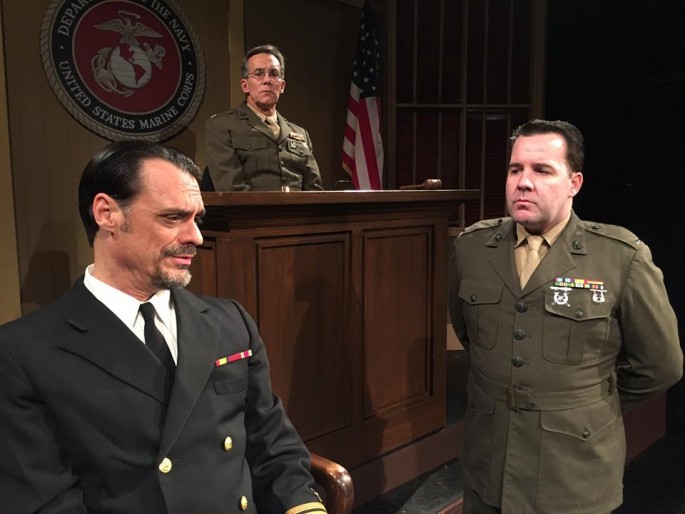
Photo Courtesy: The Maverick Theatre
Written by Alina Mae Wilson
A Few Good Men is a famous film that can be described as iconic. An underdog team of lawyers goes against the big boys in a stressful search for what is right, what is wrong, and what is ultimately the truth (insert famous quote here). But before it was a movie with A-list actors hamming it up to honey-baked levels, then-bartender Aaron Sorkin scribbled onto cocktail napkins what would become the play A Few Good Men. It quickly made its way up the theatre ranks to the Broadway stage, proving itself invaluable to all parties concerned. The history of this play alone makes tackling the script an ambitious endeavor in and of itself. In the case of the Maverick Theater, that ambition was rewarded with a well-acted and well-staged performance.
After a young Marine is killed by two of his fellows on base, Naval Officer LT. JG. Daniel Kaffee is assigned to defend them in court. He is teaming up with LT. CMDR. Joanne Galloway and LT. J.G. Sam Weinberg labors to put together the best defense possible for the two men while muddling through his views on morality. In witnessing the logic behind every character’s actions (up to and including those of the fanatical LT. COL. Nathan Jessup), it is almost impossible not to find oneself reasoning through the plot points and wondering whether or not even the harshest character has a point.
After the end of the show, these essentially political questions the audience will likely be considering are the mark of a job well done. Despite the fame of the original Broadway play, despite the nearly historical relevancy of lines like “YOU CAN’T HANDLE THE TRUTH!” Maverick’s production is strong enough and entertaining enough in its own right that the audience can focus on it…in direct opposition to obsessing over the actors in the film. The acting is well done. Special mention goes to Michael Keeney’s spiteful visage as LT. Jonathan James Kendrick. There was something about him that seemed unhinged. His constant shouting, coupled with his narrowed eyes, convinced me he was the sort of man who would do anything without a tremor. Across the board, the chemistry amongst the performers is good. The only thing that I would perhaps change would be Galloway’s air of amusement. At many points during the show, she seemed as though her fellow actors were tickling her to death, and she was going to burst out laughing. As a woman working opposite men in such a gender-aware environment, her smile might be an effort at sneering bravado against their cocky attitudes. Still, if that was the case, her most serious dialogue makes it a strange directing choice.
There were some technical difficulties at the beginning –strange lights flashing in the background –but it was resolved before the 15-minute mark. The set and staging are well done. A long runway extended into the audience and allowed the actors to march up and down with enthusiasm. The only problem with this is that if you sit in the front row, you had better prepare yourself for a night of backward head tilting. On the plus side, the actors’ movements onstage mainly appeared natural.
Two things in particular, while different from the movie, seem perfectly natural to the story. These things are:
1) THE UNCOMFORTABLE SUBJECT OF RACE. One that sticks out, in particular, is the fact that CAPT. Matthew A. Markinson is played by a white man in the movie but is played by black actor David Lewis in the Maverick production. Does this matter? It does. Because Kendrick has issues respecting Markinson’s authority, now, in both the film and the play, there is a scene where Jessup is commenting about another person causing trouble in Kendrick’s neighborhood because he wanted a black child to go to a segregated school in that area. Because Markinson is white in the film, this conversation has no bearing on his relationship with Kendrick. In the play, however, Jessup’s smug glance and gesture in Markinson’s direction during this little speech hints at problems that can be stemmed from racism. Different, subtle, yet ideally in sync with the identity of all the men entwined in the scene–Jessup, Markinson, and Kendrick.
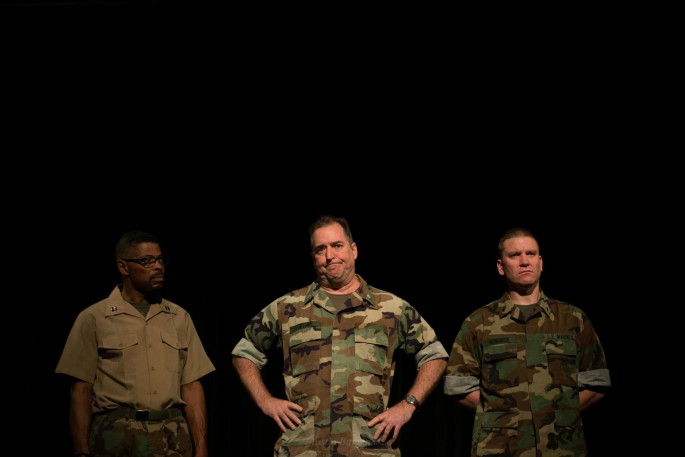
Photo Courtesy: The Maverick Theatre
2) Special mention to Jack Riordan for making the role of CPL. Jeffery Owen Howard is his own. His goofy grin and all-around “dippy-ness” make what was formerly an utterly bland and forgettable character into a memorable and amusing person.
This is an excellent show –well worth the money and the time. Have some fun and see it!
9/10
Jan 16- Feb 21
http://www.mavericktheater.com/
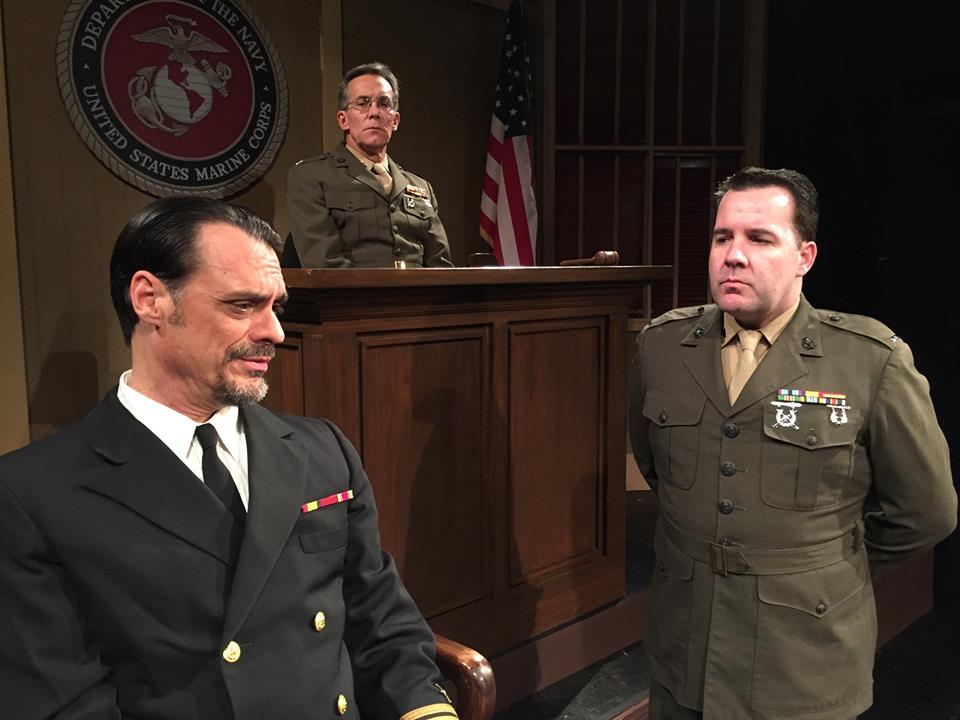






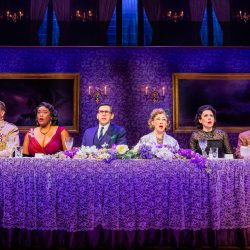
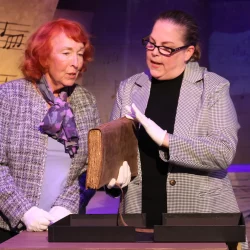
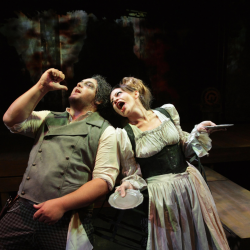
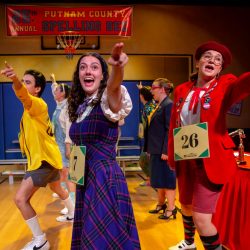
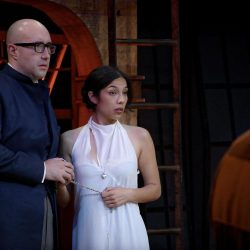





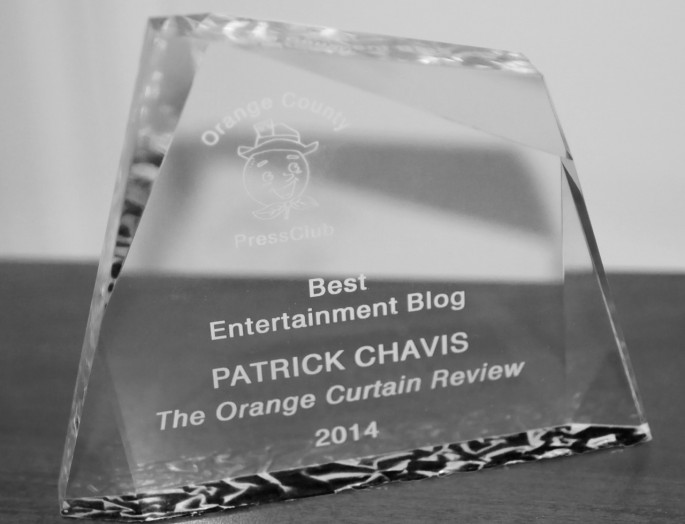





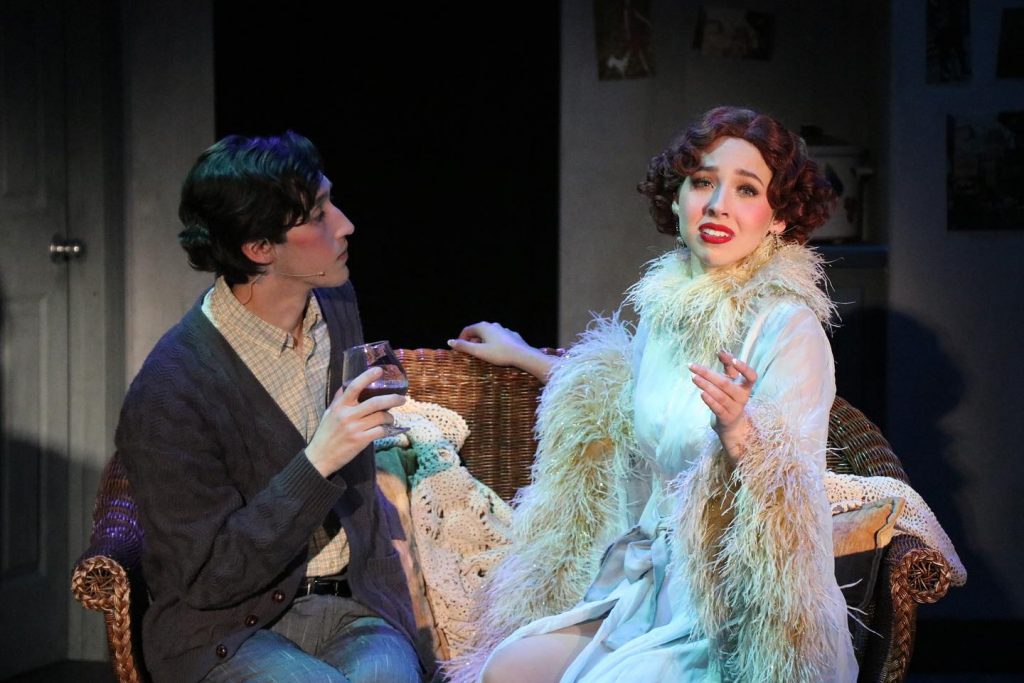
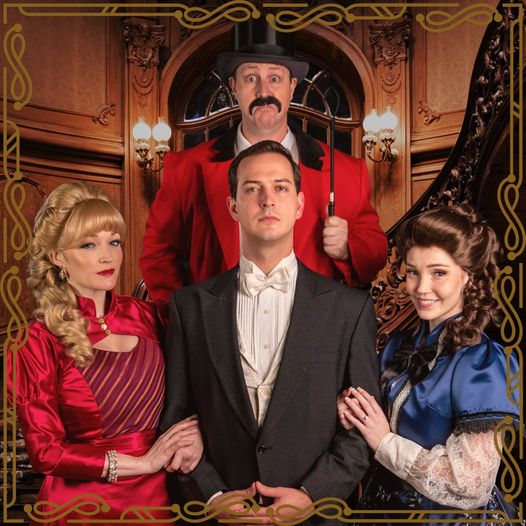
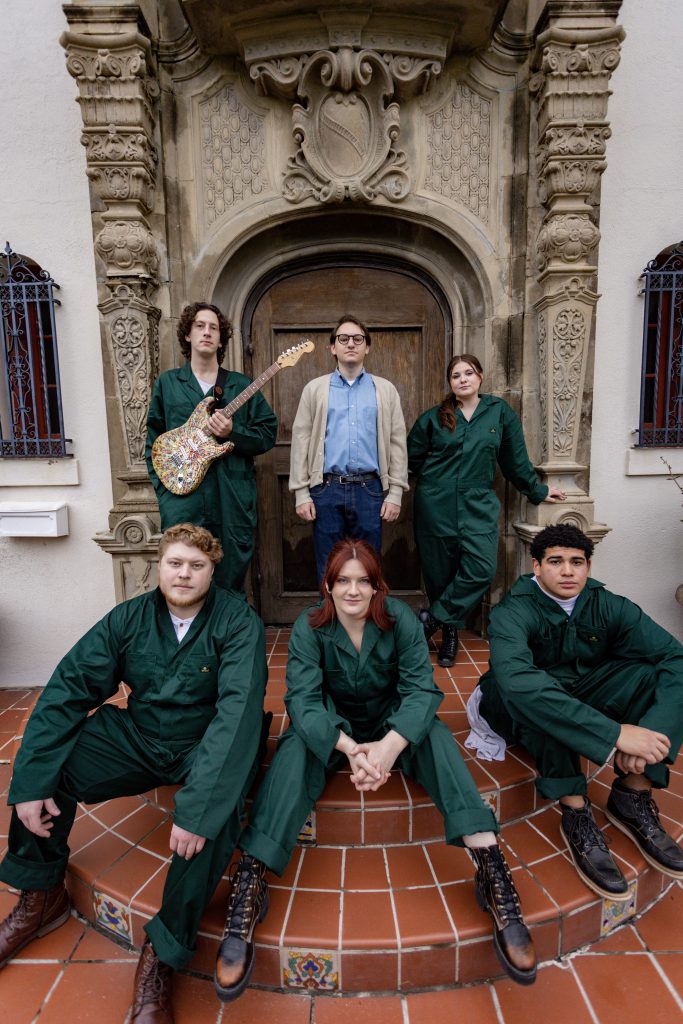
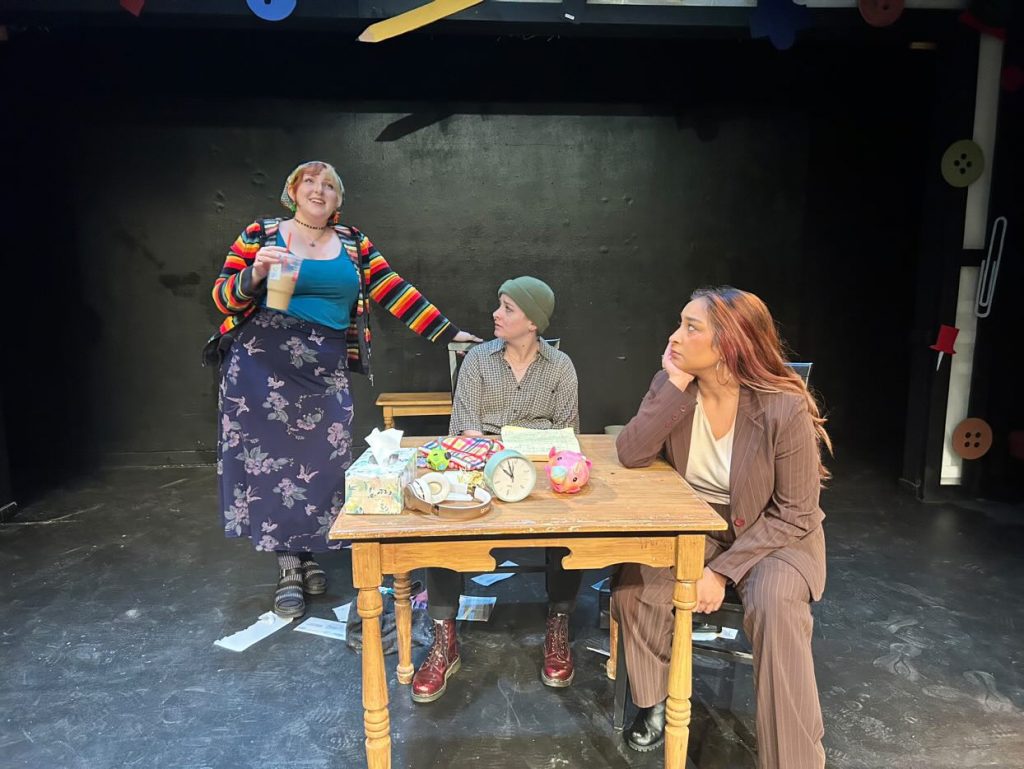
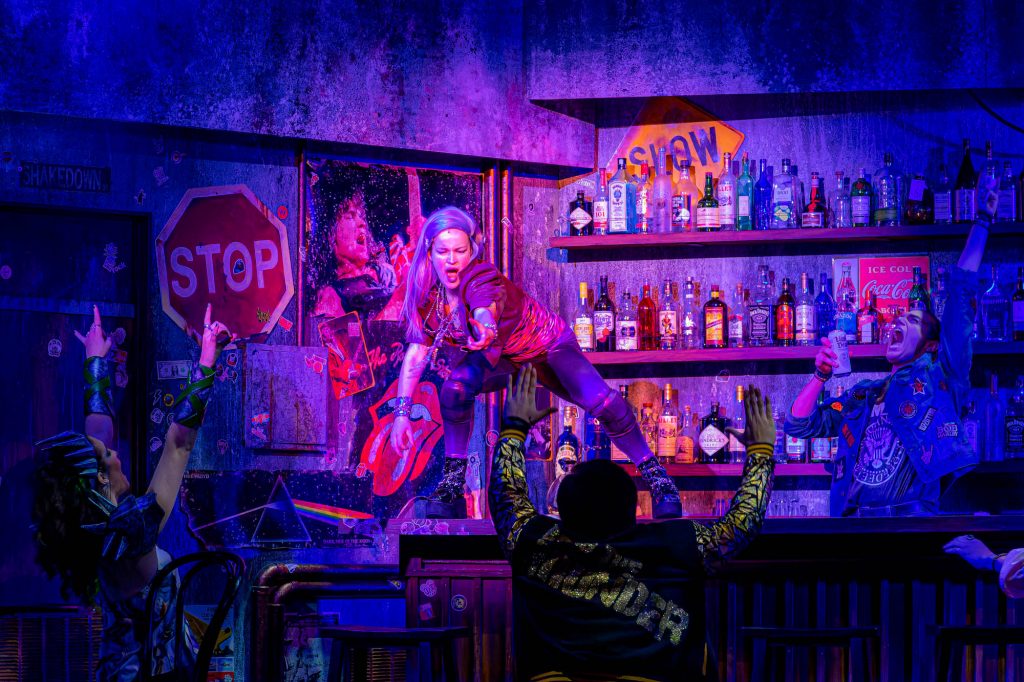
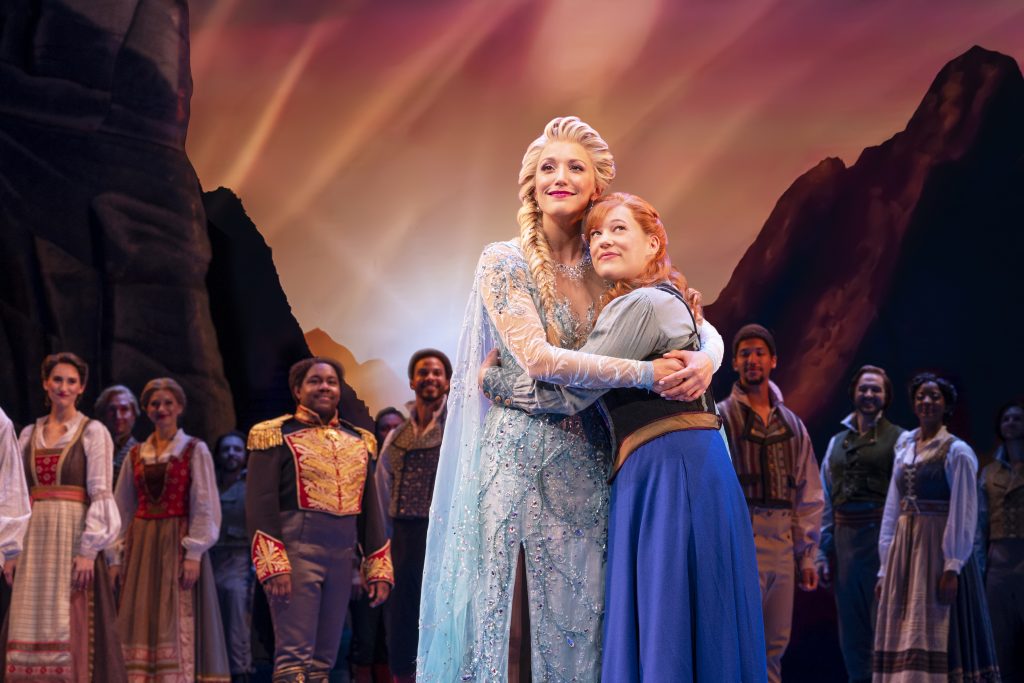
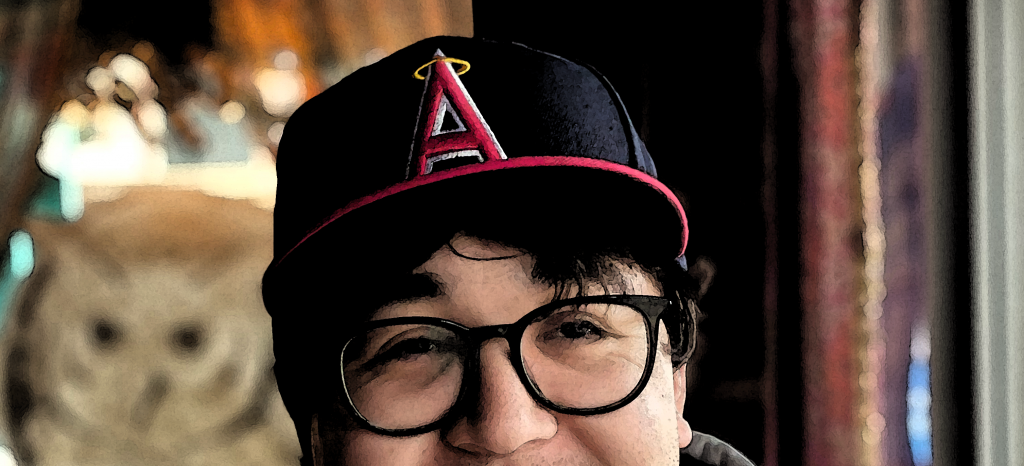
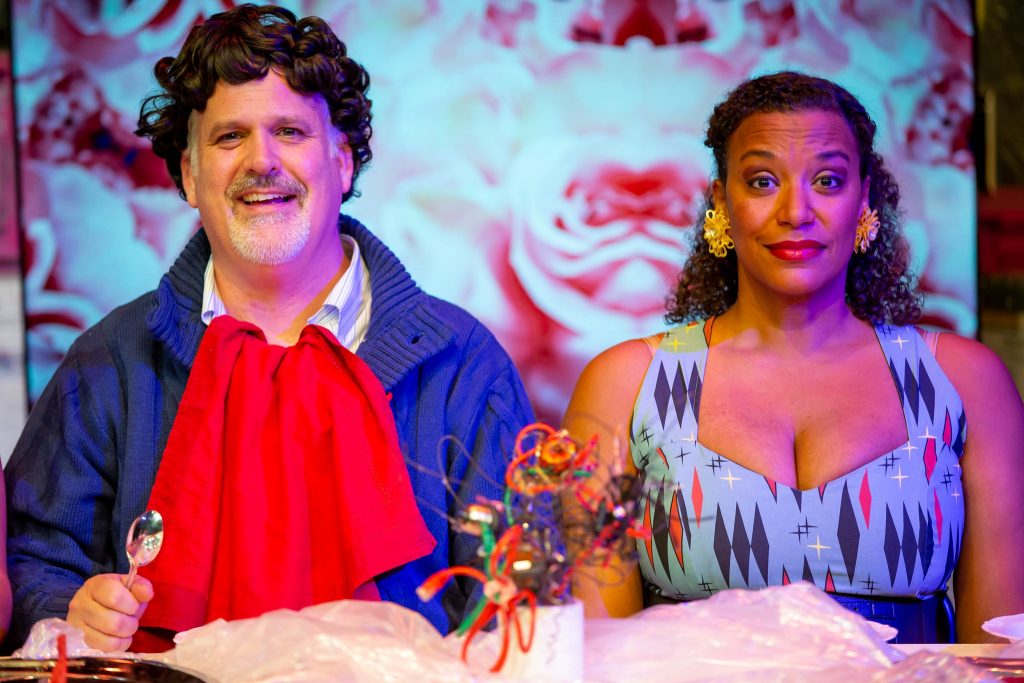

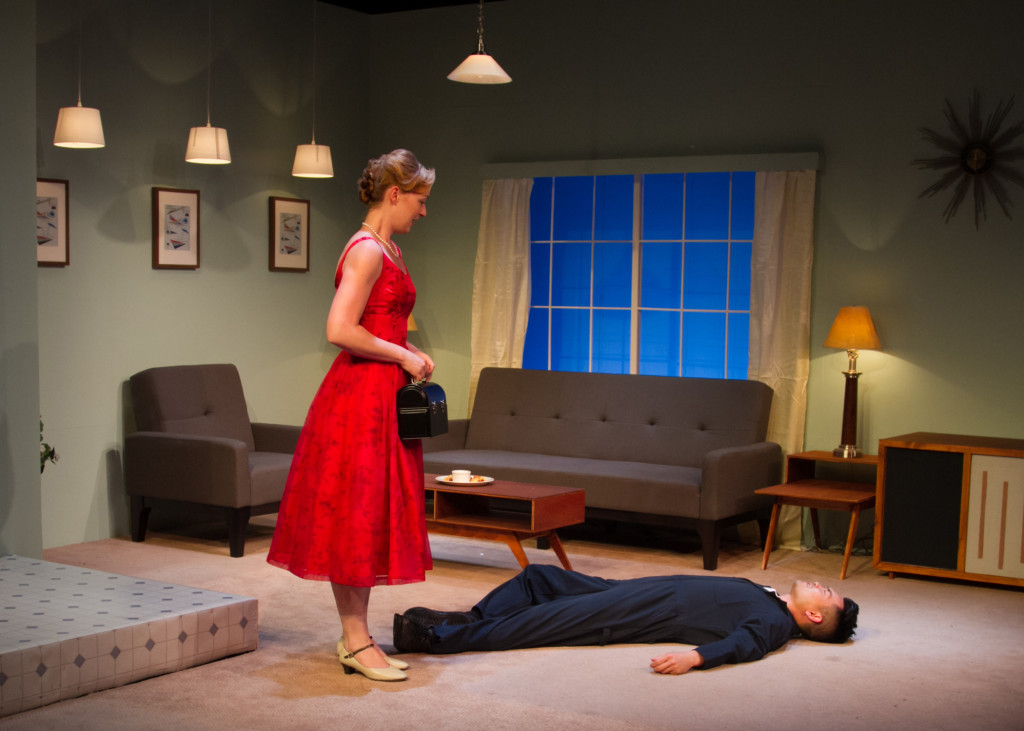
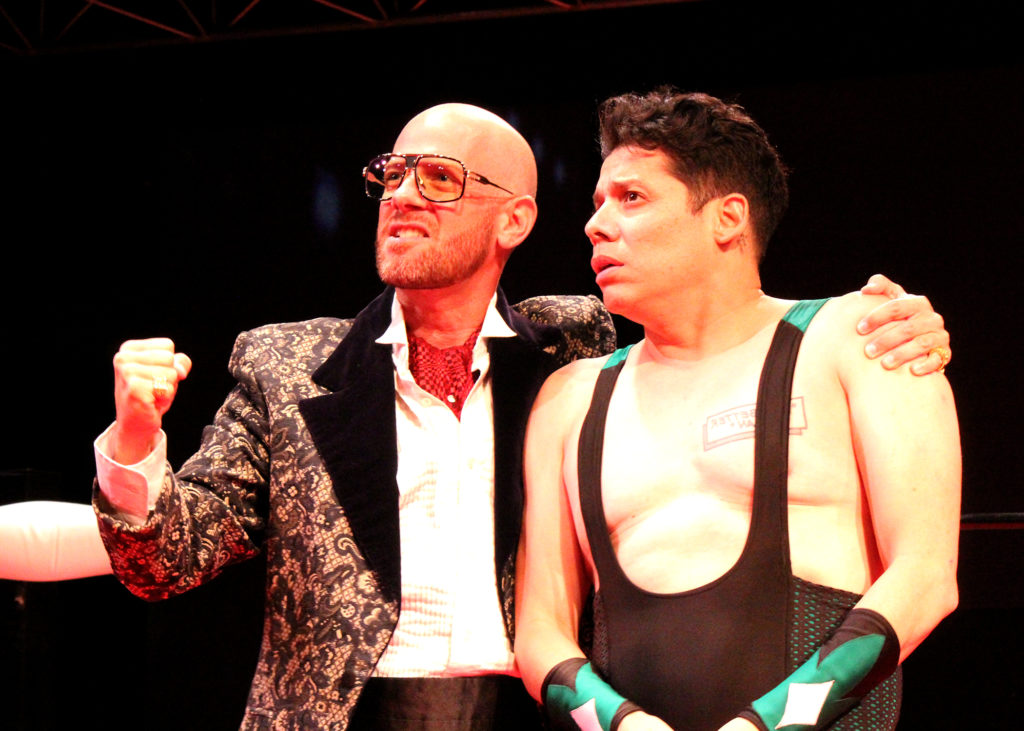
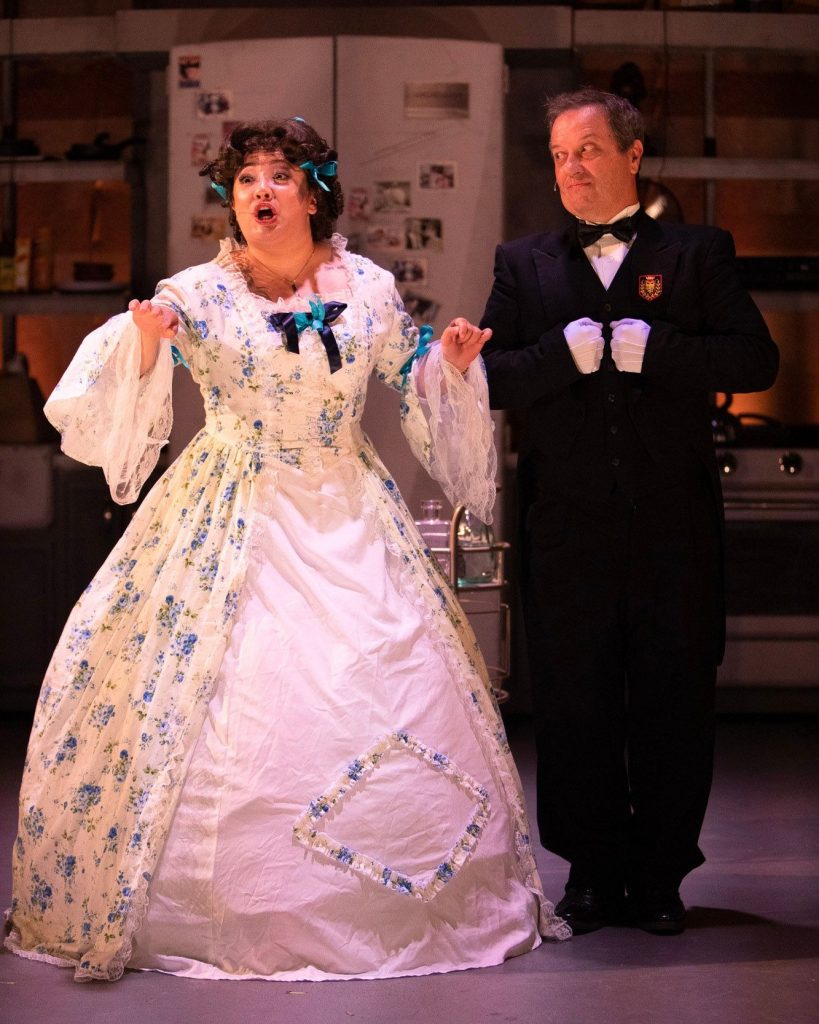

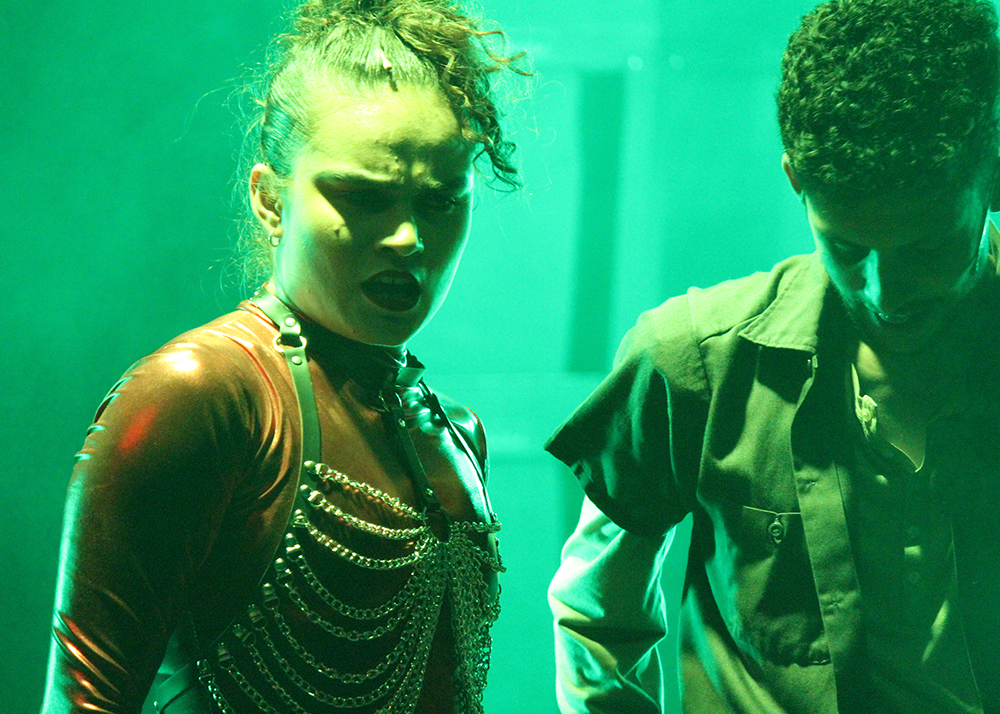
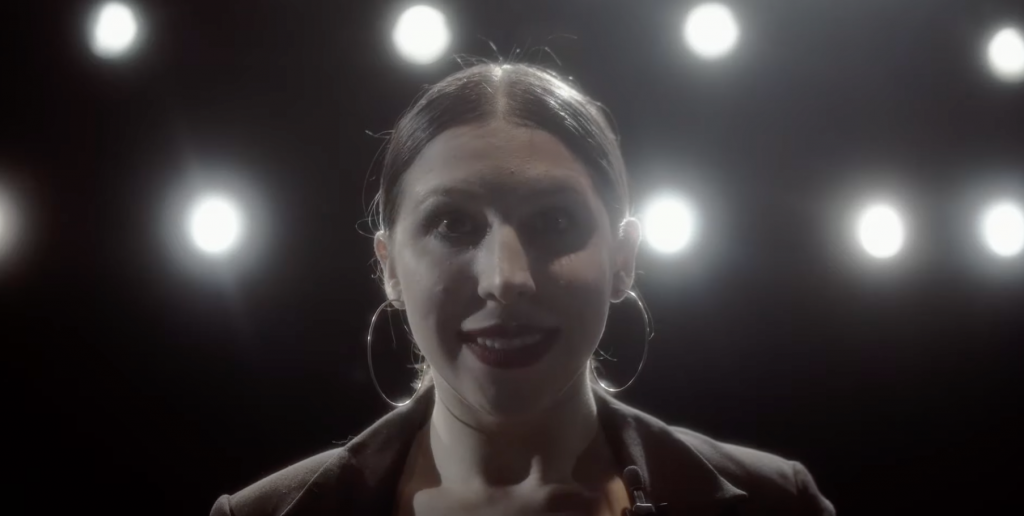
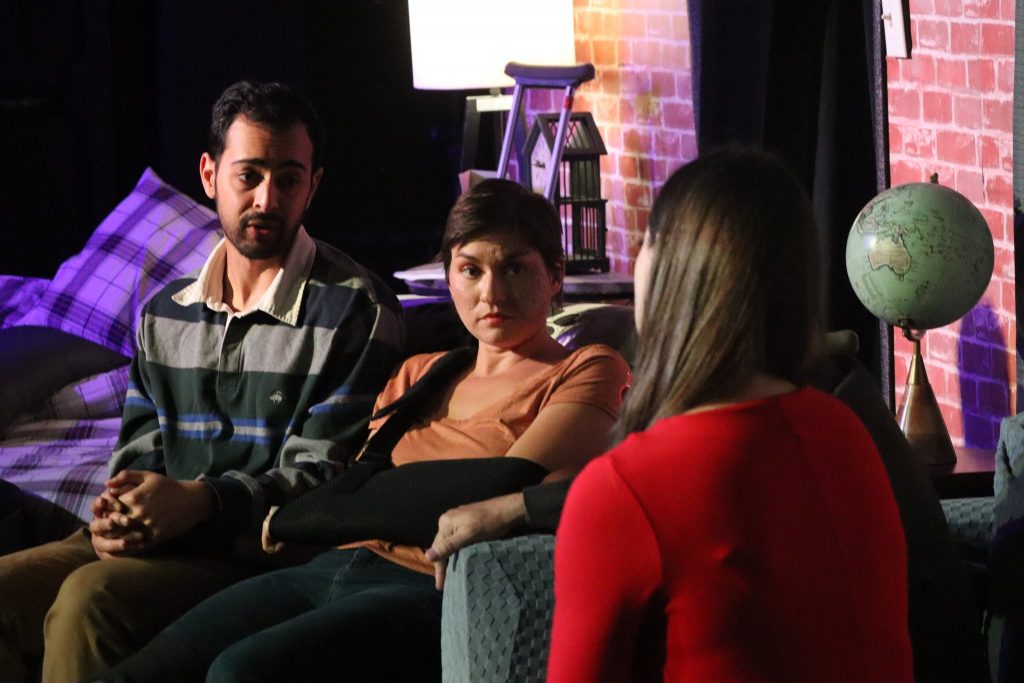

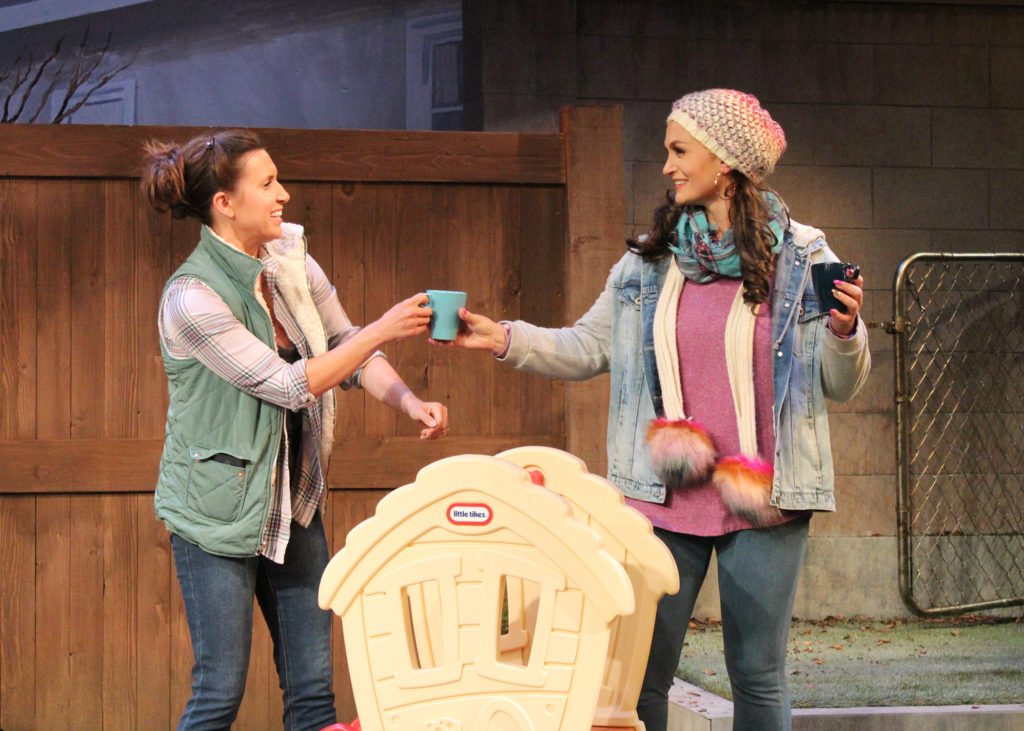
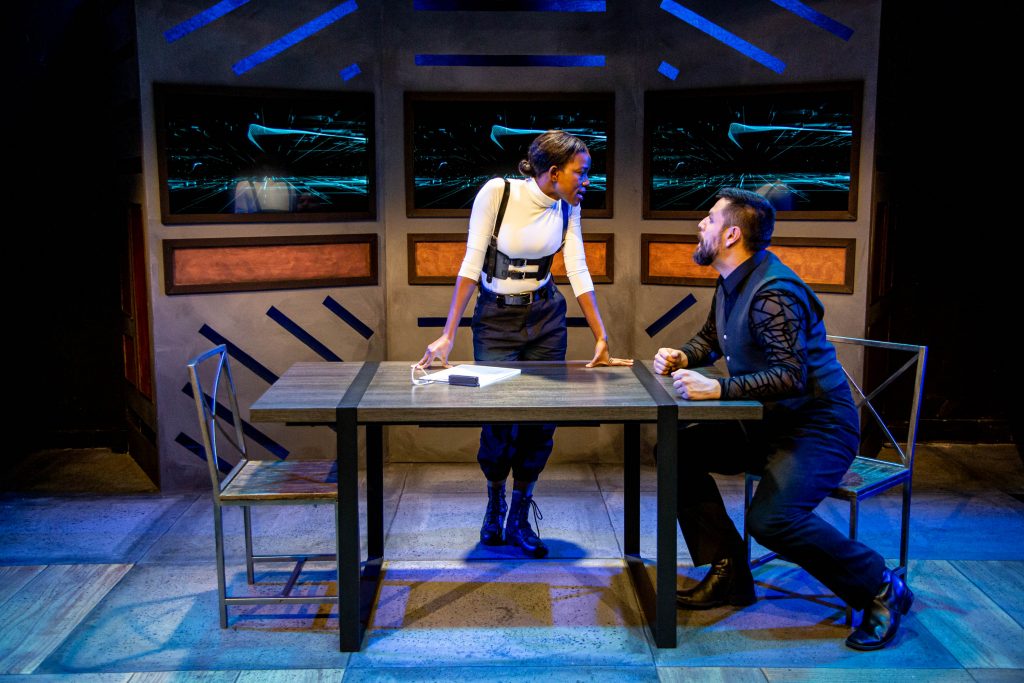
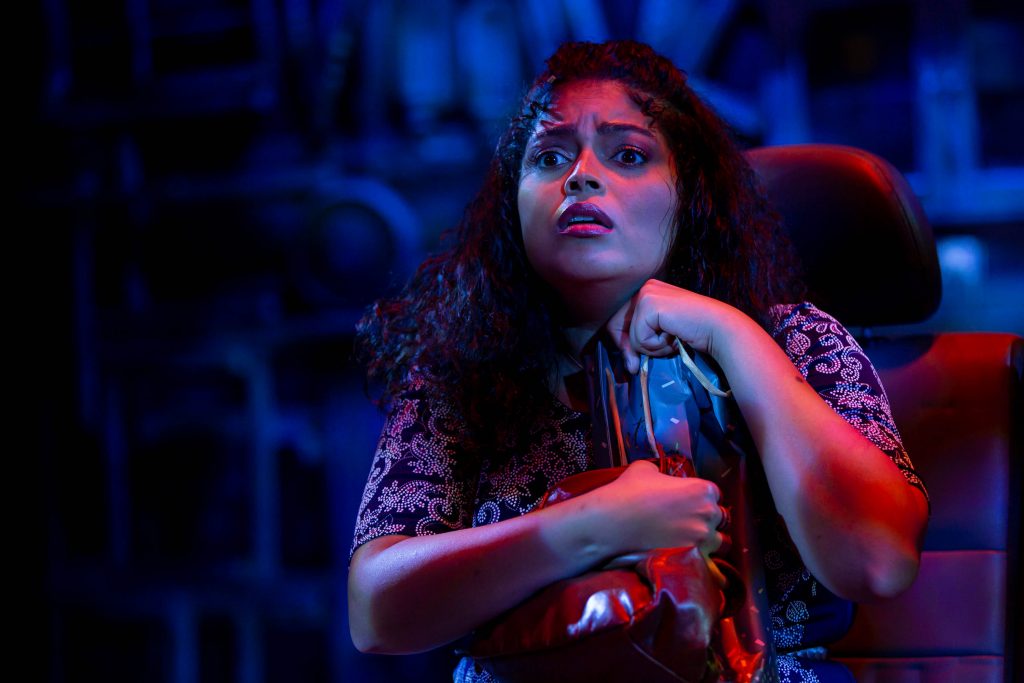
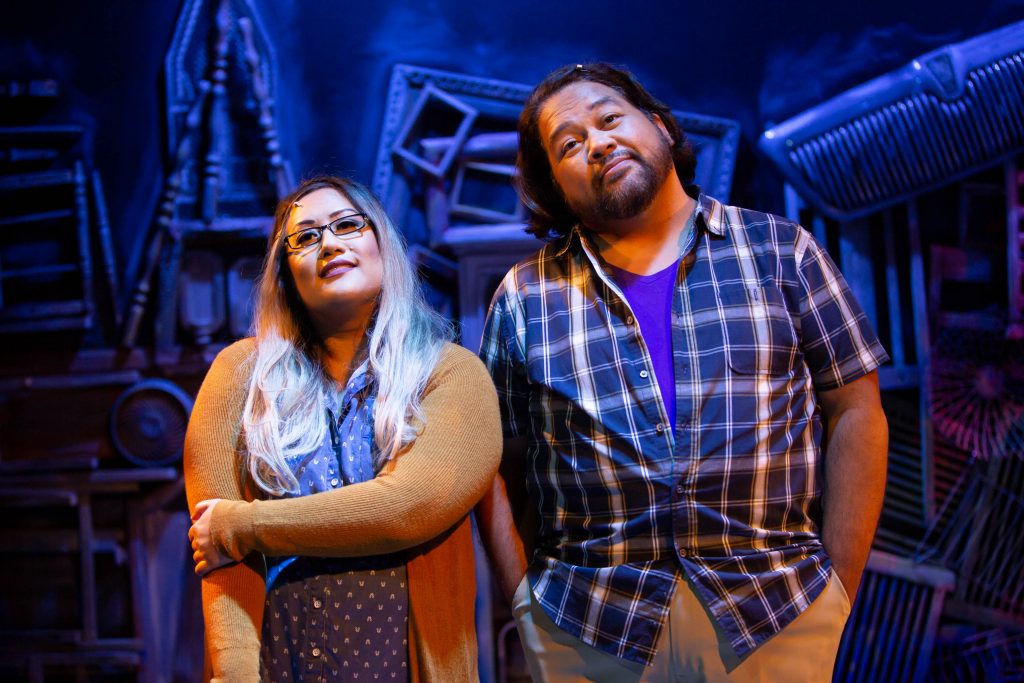

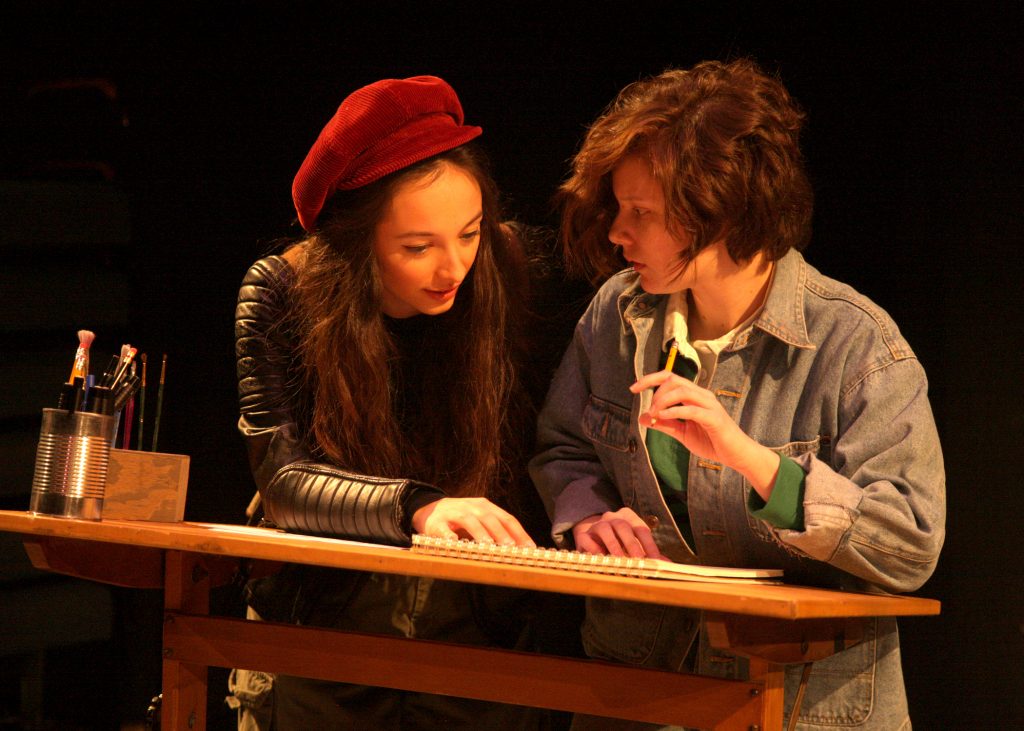
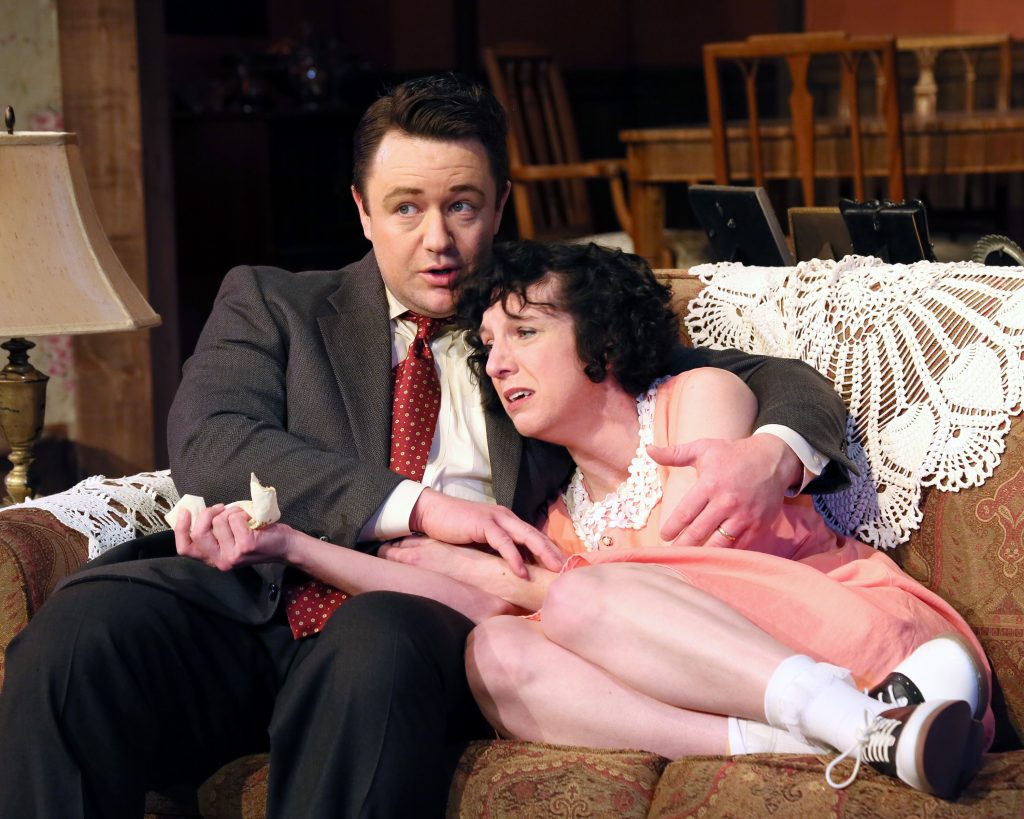

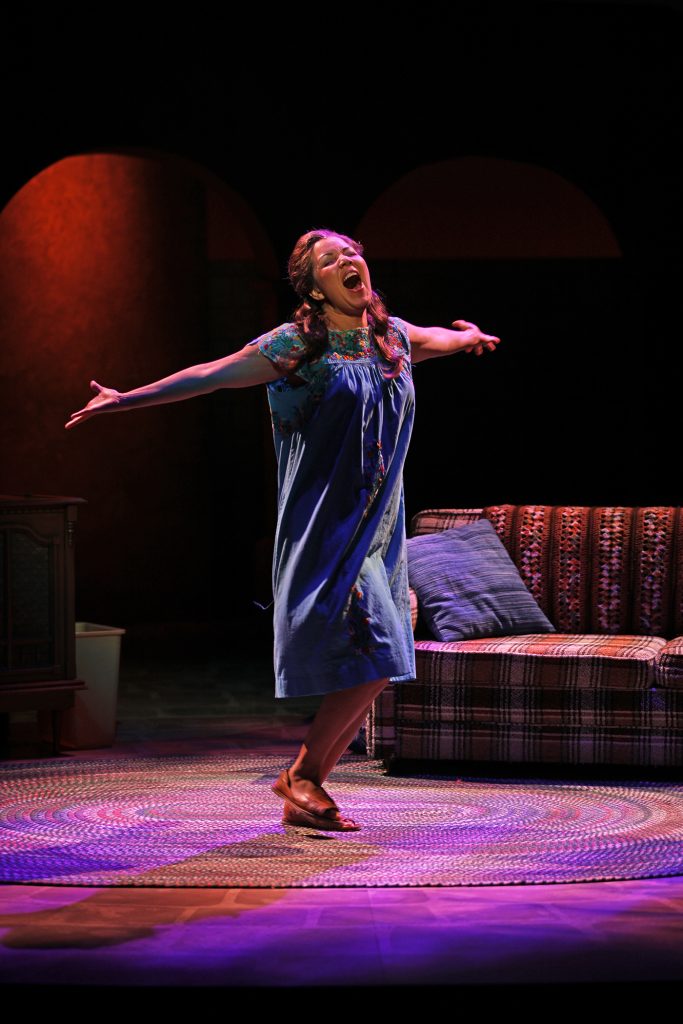
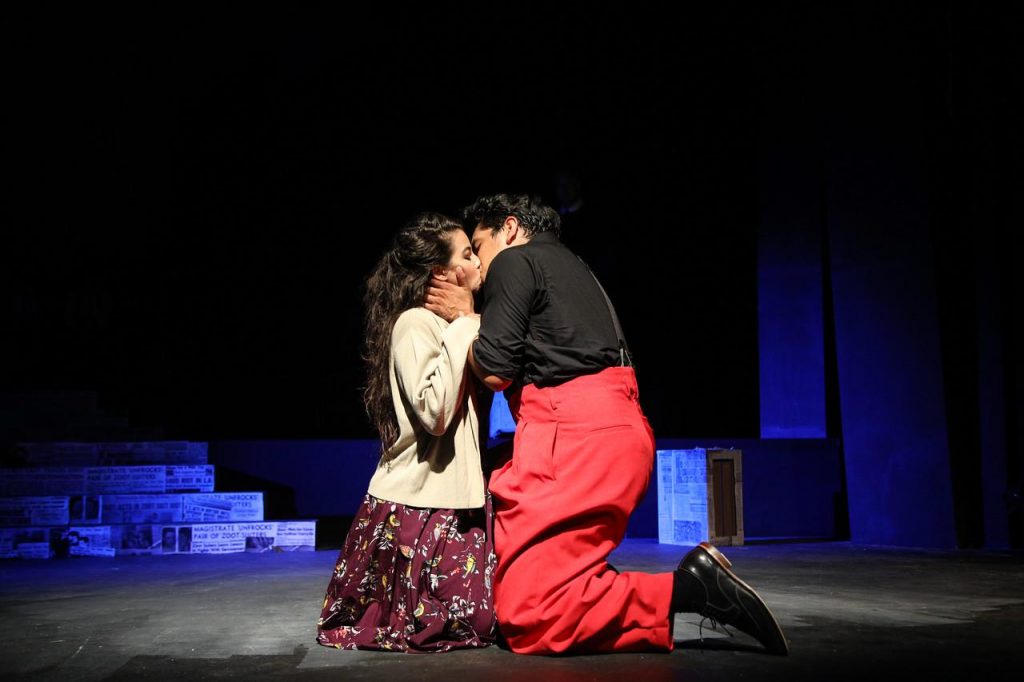
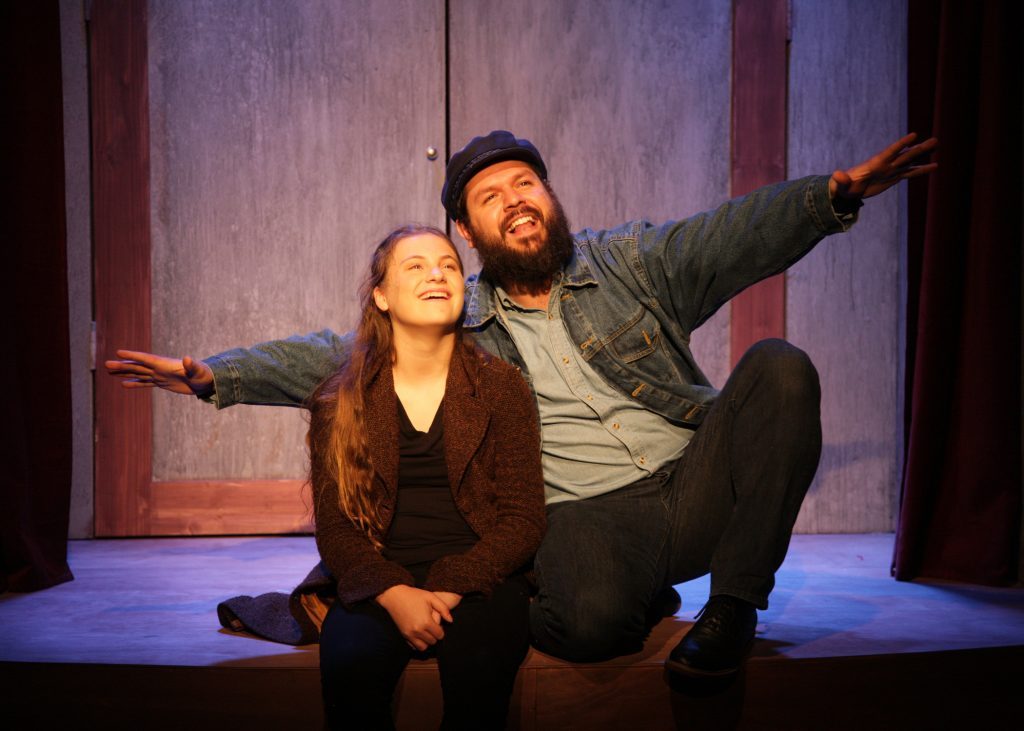
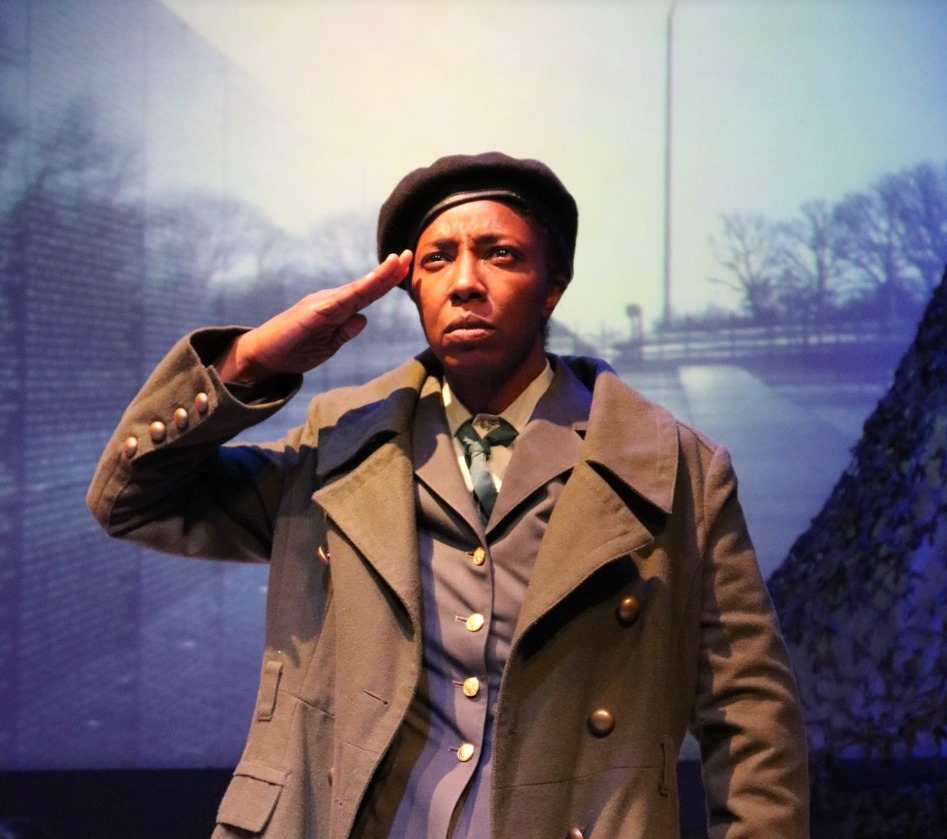
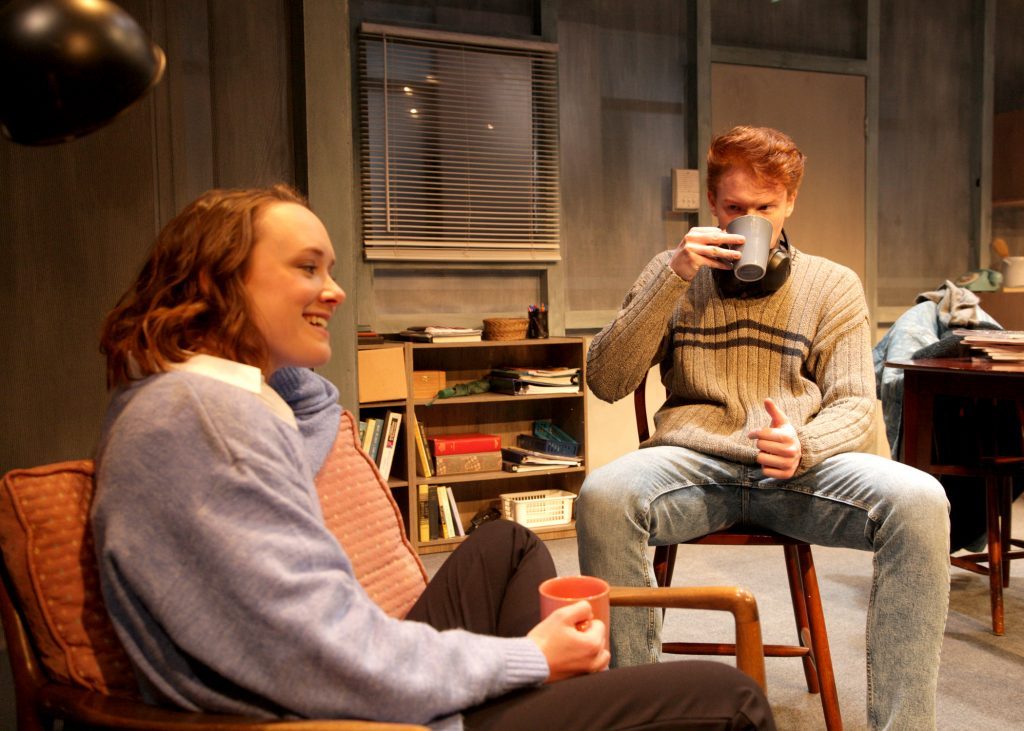
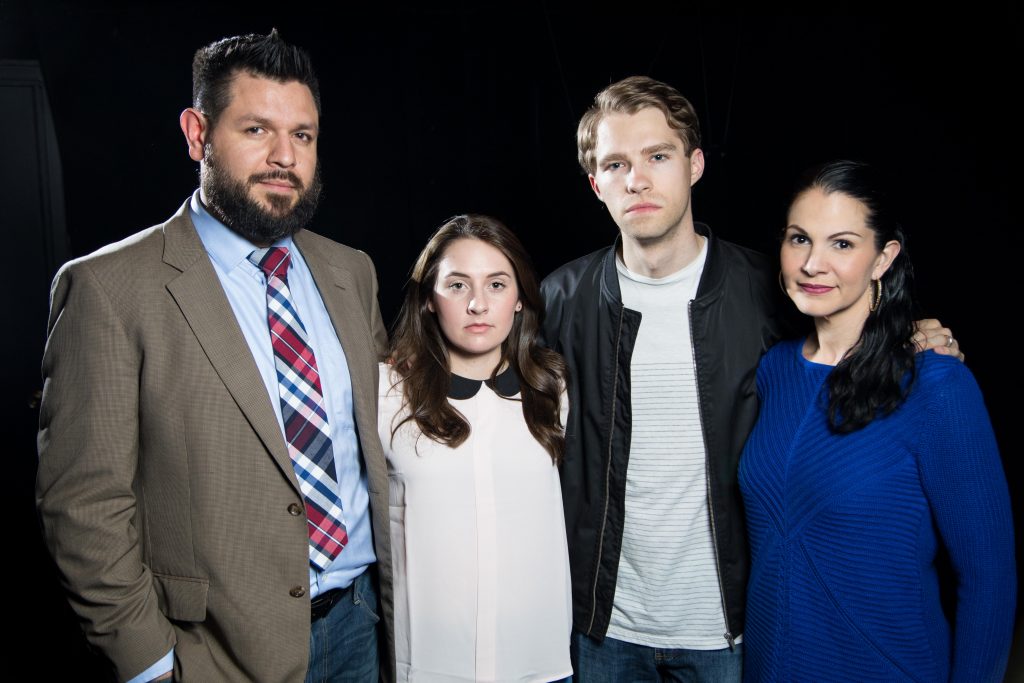
Thank you for the wonderful piece on Grace McLean by Zack Johnston!!